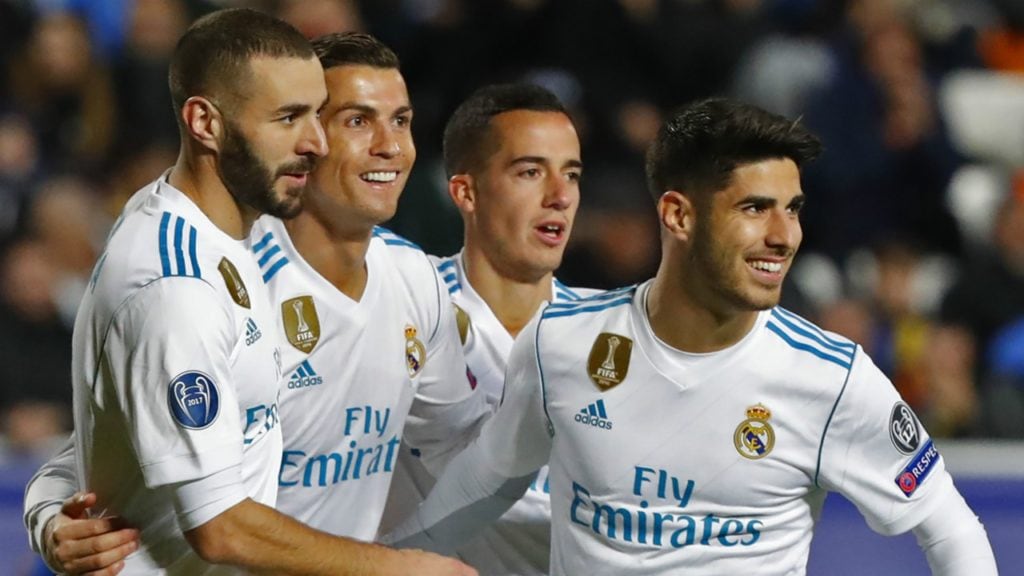How the Beautiful Game of Soccer can Inspire Your Students to Learn Another Language
In one of his many highly-acclaimed novels titled Sobre el deporte (On Sport), poet, novelist, journalist, painter, playwright, actor, and one of the greatest filmmakers of all time, Pier Paolo Pasolini argues that footballers aren’t cultured. Before becoming a world-renowned artist, Pasolini was a tifoso of Bologna FC, not to mention an amateur footballer, and in his book, he articulates some controversial ideas about the sport. What isn’t so contentious about his views, however, is his opinion on how the game of soccer (or any sport for that matter) consists of visual cues which we must decode, no different than how languages have auditory cues which we decipher. In other words, football just like any language is a sign system.
There’s no doubt that the most successful soccer players in the world are able to perceive unbelievable amounts of variables, and by utilizing learned patterns about the game, they are able to rely on instinct and past experience to quickly decide on the best decision to make at any given time. However, times have changed since Pasolini published his essay in the early 60’s. Nowadays, language classes are an integral part of the training available at top clubs. It’s even factored in to the youth programs they offer, which aim to attract the superstars of tomorrow. Soccer, after all, is a global game. Most clubs include players from countries from around the world, so a language barrier is something players and coaches will frequently run into. And breaking those barriers has become crucial for the success of every team. Communication on the field is one thing. Players can learn basic directions and navigate training sessions with a few basic words. But when things go wrong, players need to better communicate amongst themselves and when you’re playing on a team comprised of an international cast, the more languages you can speak, the better. In fact, over the past six decades, the sport has evolved so much and become a worldwide phenomenon, that I would argue soccer players are more cultured than any other type of athlete if only for the number of languages they all speak.

That’s not to say every soccer player is a polyglot. Being able to communicate in a language does not mean the person has “mastered” a language. There are few players who have attained higher levels of multi-linguistic skill, and there is no basis for testing those levels. However, it helps to have a few polyglot footballers on your team. Players like Thierry Henry speaks 5 different languages including French, English, Italian, and Spanish as well as a Creole. Clarence Seedorf who has played with three different clubs speaks English, Italian, Spanish, Portuguese and his native language, Dutch. Arjen Robben, Edin Dzecko, Cesc Fabregas and Vincent Kompany are fluent in four languages, and there are some, such as Zlatan Ibrahimovic and Romelu Lukaku, who speaks five. The list goes on and on. And it’s not just the players on the pitch but the management as well. José Mourinho, is not only a master tactician; he’s also a master linguist who can speak five languages fluently which include Spanish, Portuguese, Italian, French, and English as well as Catalonian. Even more impressive is superstar Zinadine Zidane who can speak six languages (Berber, Algerian, Arabic, French, English and Italian) not to mention, former professional footballer and now broadcaster, Gary Lineker who is a passionate ambassador for languages in schools, saying in an interview with TES, ‘the learning of languages, for students, will always be helpful for the vast majority at some stage in their life’. Arsenal manager Arsene Wenger is also known as an ambassador for languages. In the video embedded below, he reveals his motivation for learning new languages and the importance of becoming familiar with different cultures.
It’s no secret that there are several advantages of learning a foreign language. Learning a foreign language improves not only your ability to solve problems and to think more logically, it also increases your self-confidence. And multilingual people tend to be great multitaskers since they can easily switch between different structures. Learning a language involves memorizing rules and vocabulary, which helps strengthen that mental muscle, and best of all, learning a new language enables a person to have a broader understanding of different cultures and the advantage of seeing the world from various vantage points.
There are countless reasons why speaking multiple languages has its advantages but let’s not forget that many athletes rely on this skill for future employment opportunities. If your C.V. accolades include fluency in a second, third or even fourth language, your chances of finding employment increases dramatically. Let’s face it, bilingualism is becoming a progressively necessary and an essential skill for anyone who wants to keep up with today’s rapidly increasing global economy. And for many players, their careers don’t just end on the pitch – many go on to coach, manage, broadcast or even open up their own soccer camps and schools.

What’s most interesting about the link between the beautiful game and learning new languages is how it completely crushes the stereotype of the uncultured, unintelligent footballer as folks like Pasolini believed. Next time you find yourself trying to motivate your students to enroll in a language class (especially those who love sports), try pointing them in the direction of superstars such as Christiano Ronaldo, Antoine Griezmann and Lionel Mess for inspiration.
